PLO/Palestine: Time to Stop Buying Time
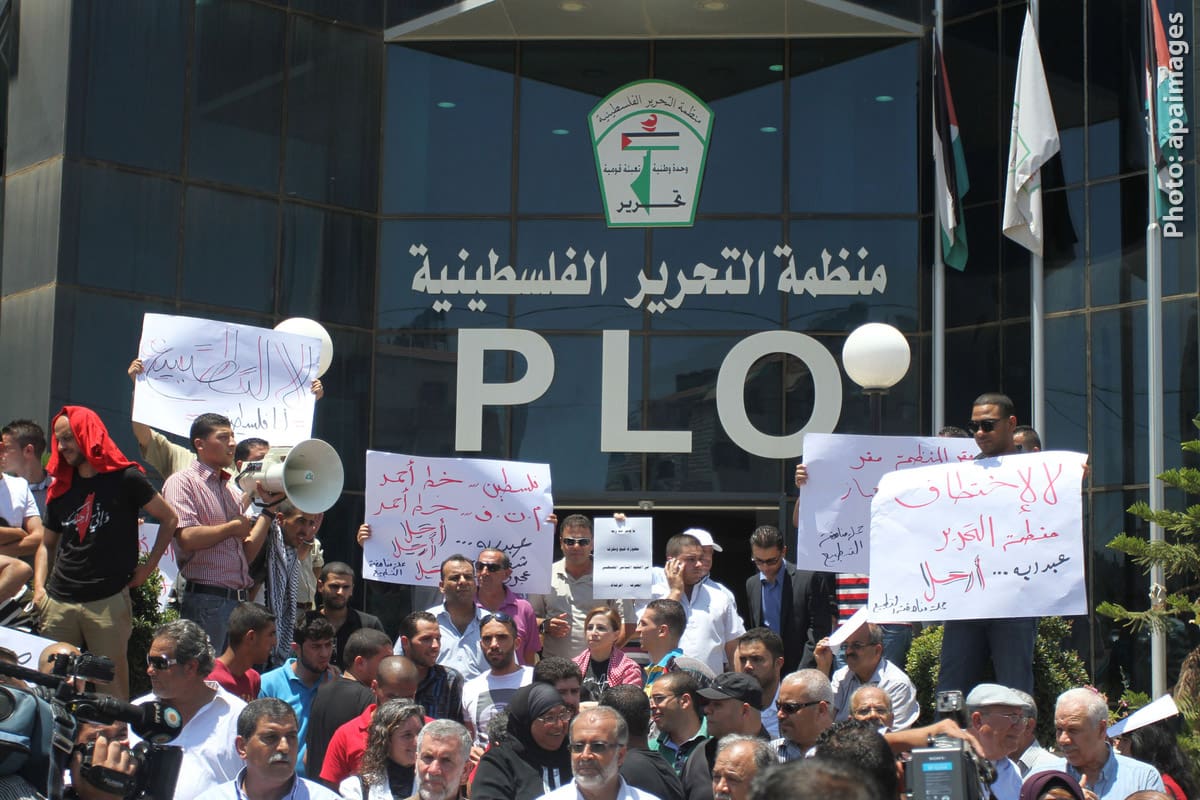
The Palestine Liberation Organization and Palestine are constantly seeking new approaches to stop Israeli violations and secure Palestinian rights. But the tools already exist: They just aren’t being used to best effect, as Al-Shabaka Executive Director Nadia Hijab and Policy Advisor Diana Buttu point out. With Jerusalem burning, Gaza assaulted and under siege, and the West Bank remorselessly colonized, there is no more time to waste.
Donor Complicity in Israel’s Violations of Palestinian Rights
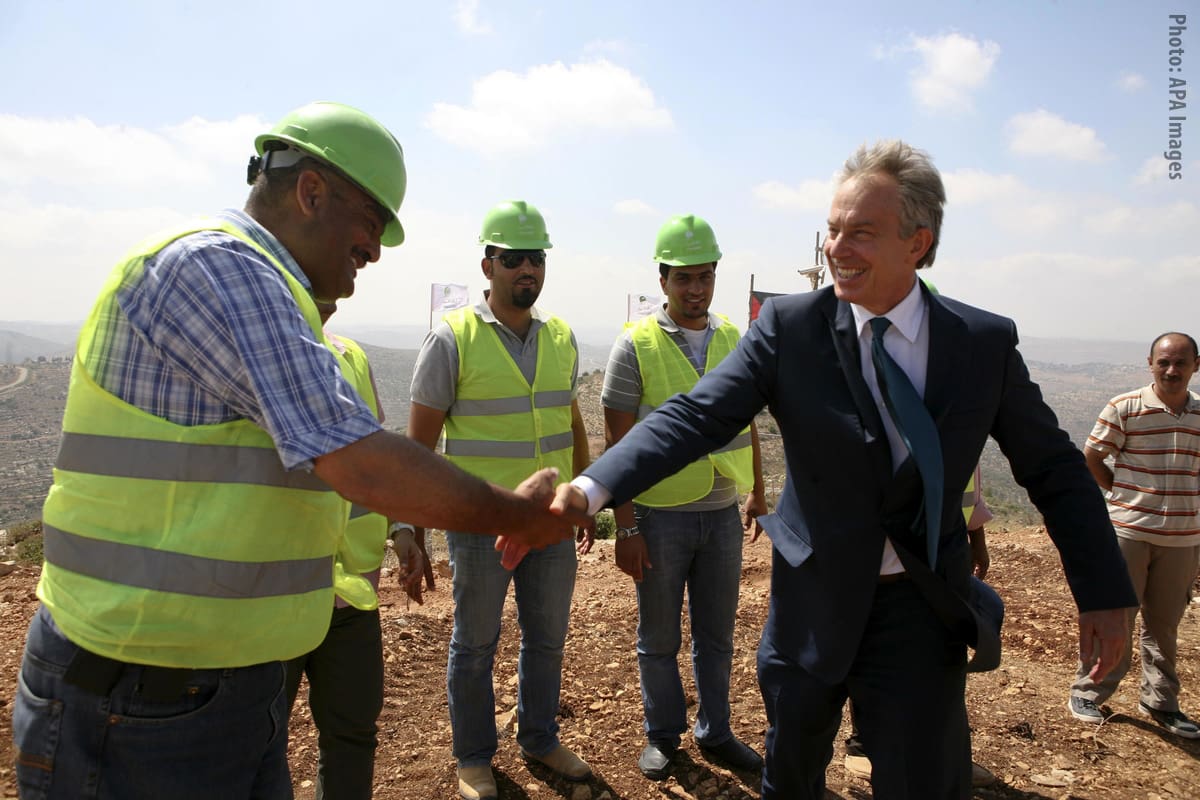
International aid must not, legally, cause harm to those it aims to assist, but as Al-Shabaka policy member Nora Lester Murad points out, a number of donor practices may be leading to the violation of human rights. Murad outlines eight questions that must be asked about aid complicity and suggests important mechanisms for oversight of an industry that has just pledged another $5.4 billion for Gaza.
After Gaza, What Price Palestine’s Security Sector?
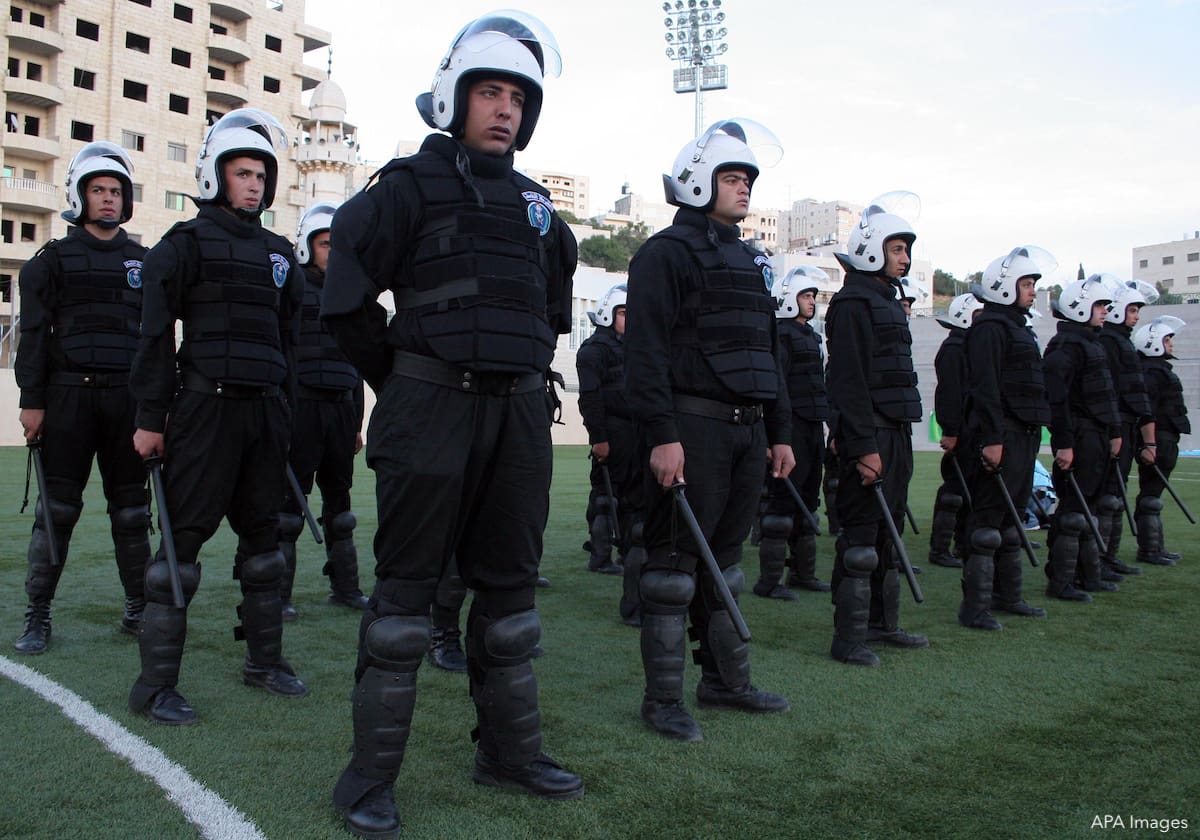
The Palestinian Authority’s security sector has grown faster than any other part of the government, potentially putting Palestine on track to a police state. With the unity government moving into Gaza after Israel’s terrible 51-day assault, Al-Shabaka Policy Member Sabrien Amrov and Program Director Alaa Tartir call for the urgent need to reform the donor-driven “reform” of a sector that only serves Israel’s colonization project. Read the policy brief or the executive summary.
What Forces Shape the Palestinians of Gaza?
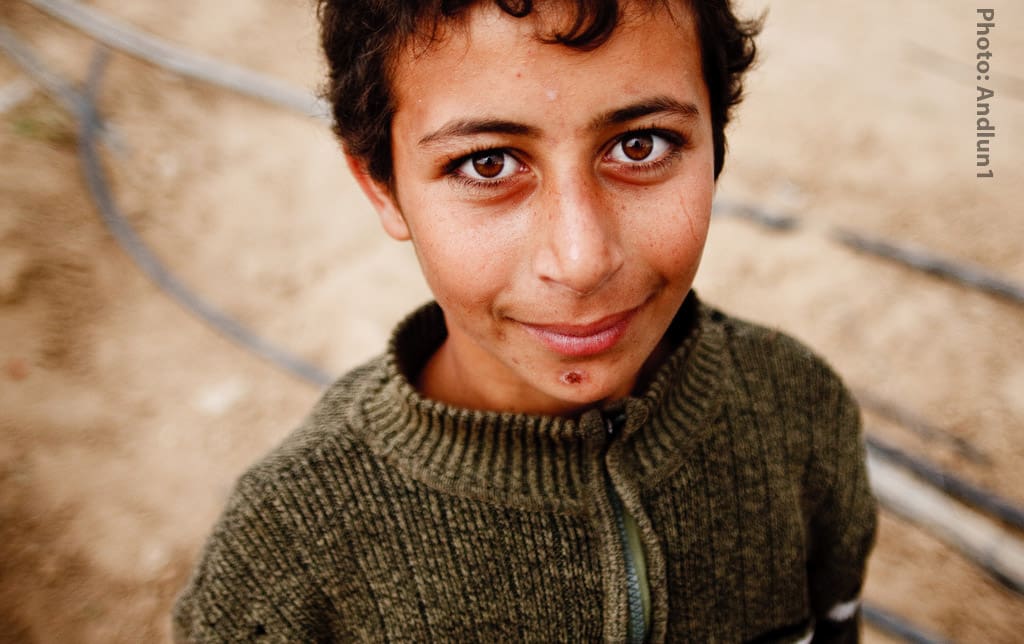
Despite the horrific death and destruction that Israel visited upon Gaza, it was not able to achieve its aims, due in part to a unified stand by Palestinian resistance factions. Al-Shabaka Policy Advisor Randa Farah draws parallels to a 13th century battle in examining the forces, past and present, that have shaped the Palestinians of Gaza and sets the Palestinian cause in its regional context.
Drying Palestine: Israel’s Systemic Water War
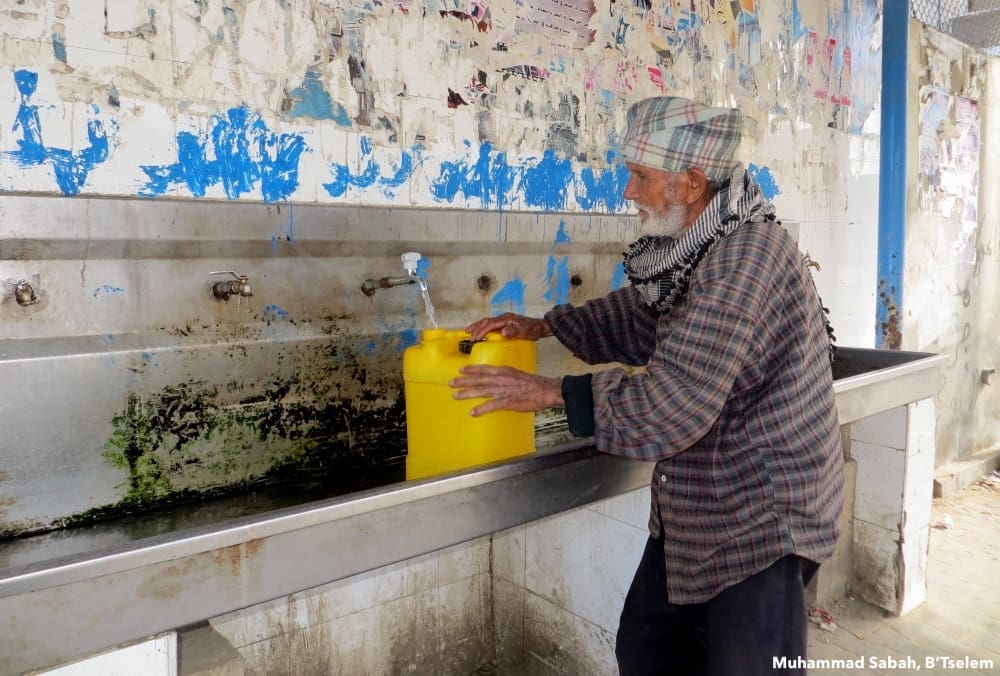
Israel’s targeting of water infrastructure during the latest Gaza onslaught has caught global attention, but much less noticed is the systemic water war that has been waged on Palestinian populations for decades. Tracing its three different battlefronts, Al-Shabaka Member and environmental researcher Muna Dajani looks at how military strikes, security programs, and permit systems have been destroying Palestinian water infrastructure and local resource-management systems, and calls for change.
Honor the Victims: Avoid Past Mistakes in Reconstructing Gaza

Israel’s third war on Gaza has been the worst. A greater death toll, the compounded effects of a seven-year-long siege, plus unaddressed damage from previous wars will make it far more difficult to reconstruct. Ahead of the international donors conference planned for September, Policy Advisor Omar Shaban sets out the short- and medium-term needs and argues that an end to the siege of Gaza and the participation of Gaza-based stakeholders is crucial if the reconstruction process is to succeed.
Another Casualty of Israel’s Wars: Palestinians’ Right to Education
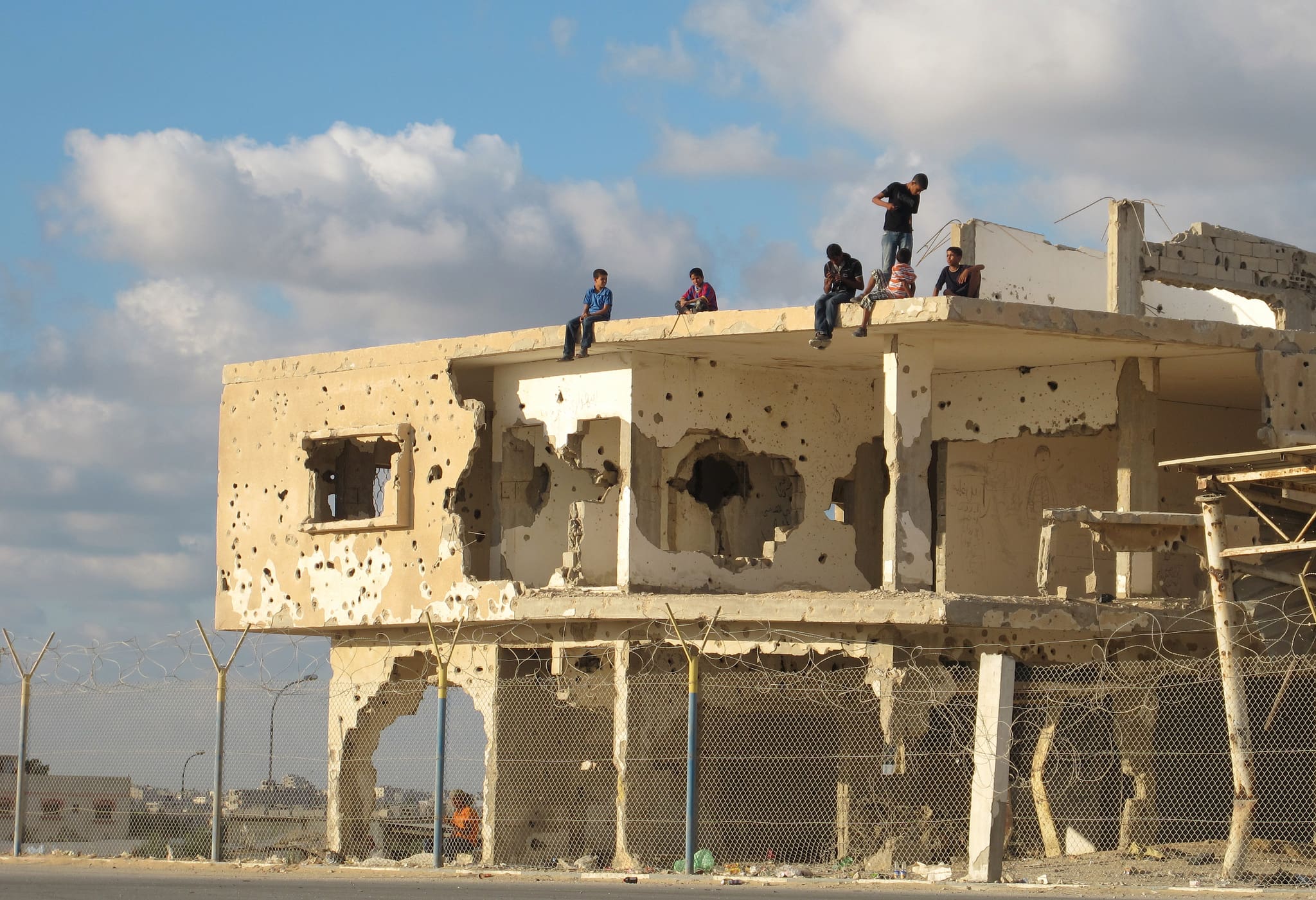
Palestinian educational institutions, faculty, and students have not been spared the violence of Israel’s military crackdown across the Occupied Palestinian Territory this summer. Campus raids, the confiscation of student property, and airstrike damage to schools are just some examples of Israel’s recent acts of aggression against education.
Bartering Palestine for Research
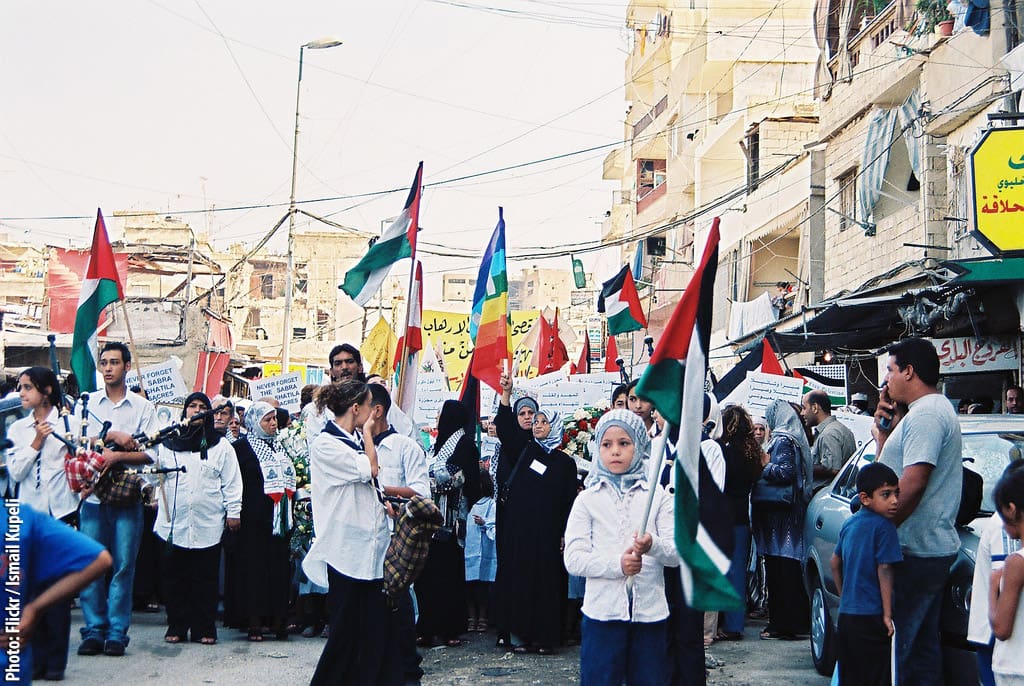
All eyes are focused on the bloodshed in the Occupied Palestinian Territory, but the civil war in Syria continues to rage, making Shatila Refugee Camp in Lebanon – yet again – a destination for Palestinians and others fleeing conflict. Such collective tragedies have made Shatila one of the most heavily researched communities in the world. Policy Member Mayssun Succarie examines the negative impact that over-research has had and concludes that sometimes conducting no new research is the most appropriate response.
Palestinian Farmers: A Last Stronghold of Resistance
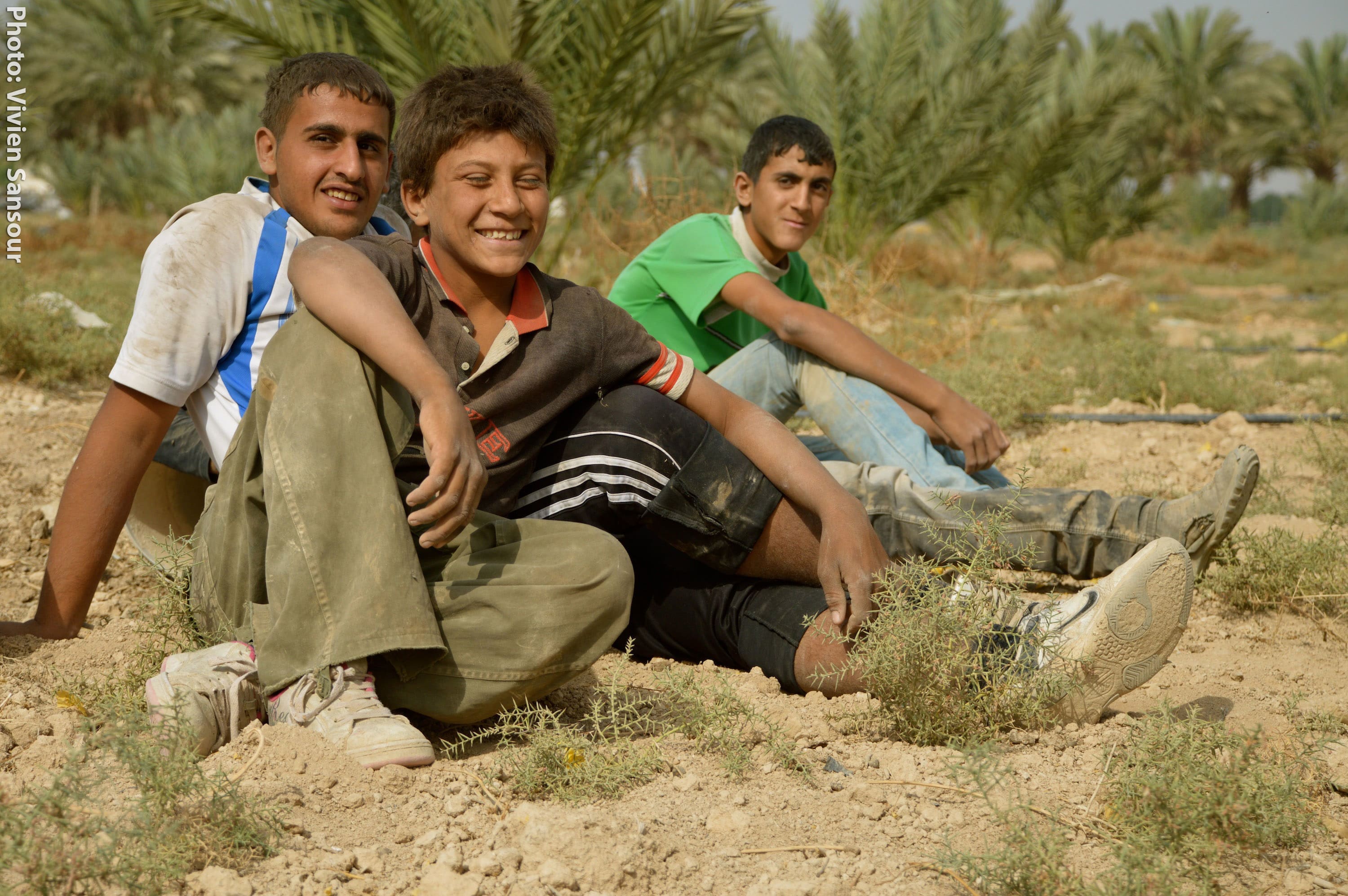
Israel’s brutal crackdowns on Palestinians living under its occupation dominate the news, but other longer-term trends are equally worrying. The Palestinian Authority is confiscating more and more land from Palestinian farmers in order to build industrial zones, which strips farmers of their right to grow their own food and further increases Palestinian dependency on Israel. Al-Shabaka Guest Author Vivien Sansour and Al-Shabaka Program Director Alaa Tartir argue that sustained community efforts are needed to preserve one of the most important elements of resistance that Palestinians have.









